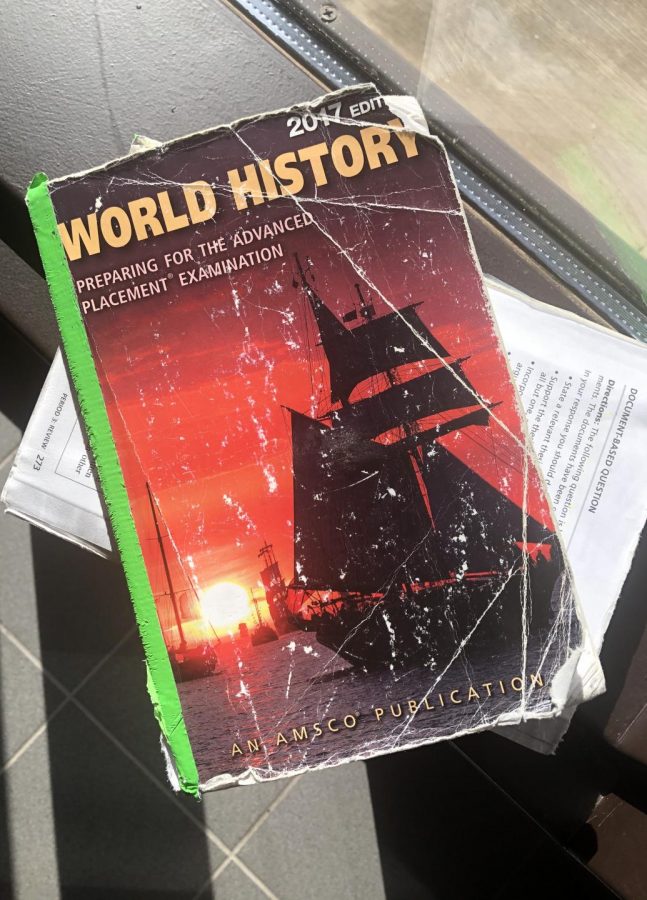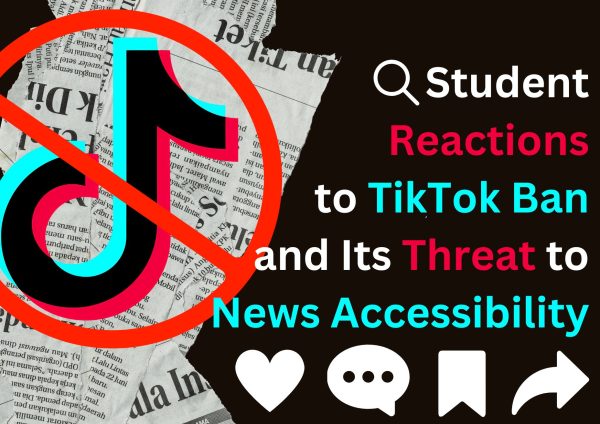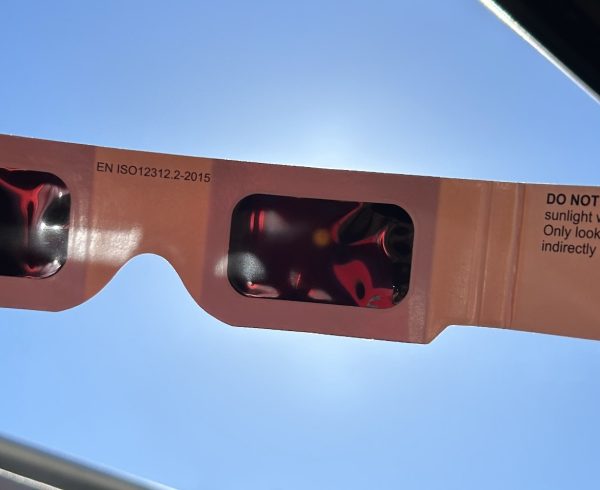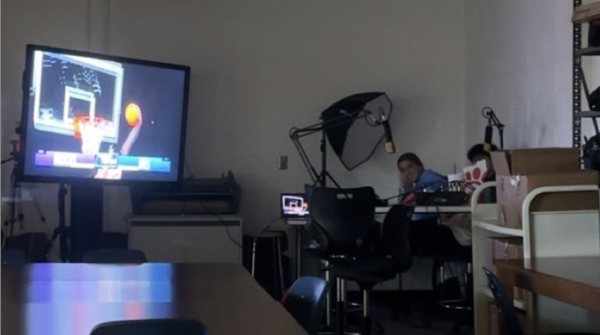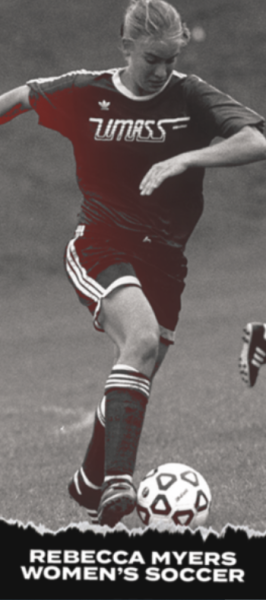Blasting the Past: AP World History Curriculum Drastically Changed for 2019-20
An illustrated photo of a 2017 edition AP World History book, nicknamed the AMSCO, ripped in half.
October 21, 2019
Mesopotamia, Julius Caesar and the Neolithic Revolution.
These revolutionary events shaped the modern world and how it functions today.
But despite the praise and love for these eras, The College Board, the non-profit that administers the AP exams, discontinued the teaching of these events for their new version of the AP World History course, now titled AP World History: Modern.
In the 2019-2020 curriculum for the format of AP World History: Modern, lessons will start at 1200 C.E. in order to educate students on the Mongol Empire and the majority of the Chinese Empires.
AP World History teacher Lauren Hall has been teaching World History since she arrived at the school and was ambivalent on the change in the curriculum.
“Change is hard any way you shake it,” said Hall in an email.
“After teaching the course for a number of years and having a lot of success with a particular approach, it’s hard to totally restructure without significant growing pains,” Hall said.
However, it throws AP World History teachers into a frenzy for resources and materials specific to the new curriculum.
With the difficulty of transition, Hall has been collaborating with the school’s other AP World teachers, Mark Schuler and Patricia Mann, to plan the course efficiently.
“Mr. Schuler, Ms. Mann and myself are part of online groups that crowdsource and share materials to make that transition and incorporation of early material as seamless as possible,” said Hall.
Mann has a similar view on the change, as it does model a traditional college course.
“I think we mastered [last year’s] course,” said Mann, “I think we did what we needed to do.”
With this change, the AP World History teachers have found difficulty in teaching with such a different format.
Schuler said he is curious if teachers are expected to make up for the background information that comes prior to 1200 C.E., although the band of teachers made the formal decision to teach background information nonetheless.
Mann also said she found difficulty early on with the history of Chinese dynasties.
“I’ve personally struggled to teach students things about Song China when they don’t know about earlier time periods in China,” said Mann.
However, the teachers have a similar calmness about the outcome of the course, despite their common dislike for the redesign.
Hall said she is sure that she and her fellow World History educators will send the students into the exam prepared and informed.
“I feel very lucky to be able to work with both of them and tap into their tremendous wealth of knowledge.”
